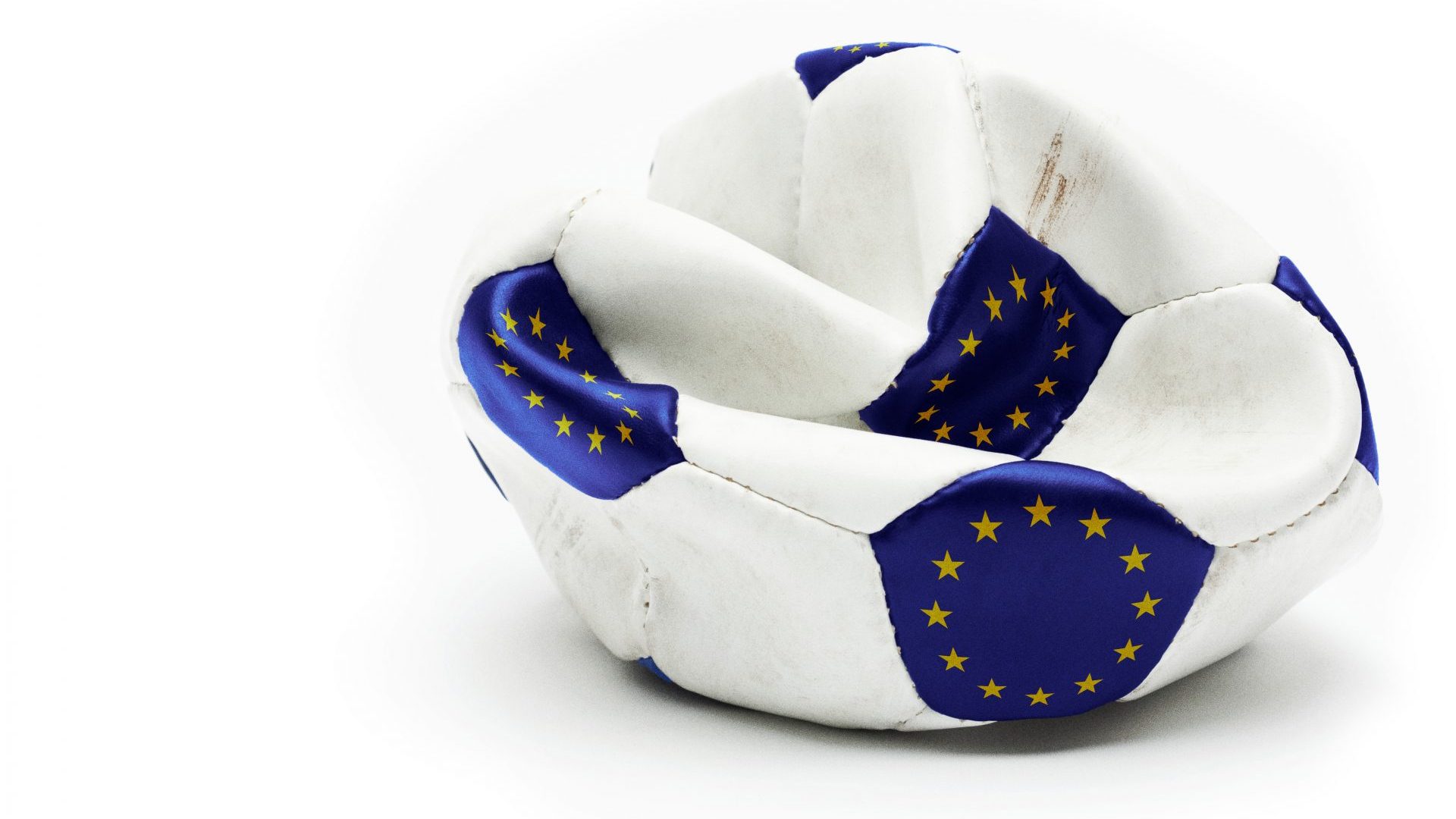Breton is the Celtic language spoken today in Brittany, on the north-western peninsula of modern France. But this language is not a direct descendant of Gaulish, the original pre-Roman Celtic language of France. Rather, the Celtic language which is ancestral to Breton was originally spoken, not in France at all, but here in Britain.
Speakers of Brittonic Celtic migrated from Devon and Cornwall across the English Channel to Brittany starting from the sixth century AD onwards. It seems that these Celtic-speaking Britons were not simply migrating, but escaping from the Germanic-speaking Anglo-Saxons, who had started invading eastern England from across the North Sea in the fifth century AD and had since been making their way from eastern and southern England down towards the English south-west.
We are not at all sure how much Gaulish was still being spoken, after centuries of Roman occupation, on the other side of the Channel by the time the refugees from Britain started arriving. But there are some features of modern Breton that do seem to be of Gaulish origin, so it is likely that there was some degree of contact between those long-established Gauls who still spoke their ancestral tongue and the newly arrived Britons.
The Celtic migration southwards across the Channel continued for some centuries, reaching a culmination towards the end of the 700s, when further waves of emigration by British Celtic speakers to Brittany occurred as the Anglo-Saxons took increasing control over Devon.
The Brittonic dialects of Wales, Cornwall and Brittany remained mutually intelligible for many generations, and there was probably quite a lot of maritime communication between the three peninsulas. A Welsh-speaking reader of this column reports that even today he is able to understand Breton up to a point.
These facts are well known to language historians; but what is probably less well known is the fact that Celtic speakers fleeing from southwestern England did not only cross the sea to Brittany. During the fifth and sixth centuries, some of them actually travelled much further to the south-west and ended up on the far north-western corner of the Iberian peninsula, in Galicia.
There were possibly many thousands of settlers who sailed the 500 or so sometimes-dangerous nautical miles across the Bay of Biscay, where they founded the Brittonic Celtic-speaking polity of Britonia, in the region of the modern Galician city of A Coruña (in Spanish La Coruña, in English Corunna). The settlement area was centred around the town of Mondoñedo in Lugo province, but the British zone also stretched north to the Bay of Biscay coast and then east across the river Eo into the province of Asturias.
So, like Brittany, Britonia was settled by expatriate Celtic-speaking Britons – and at roughly the same time – but unlike the Bretons, the Britonians were eventually assimilated into the local population and culture, and their own particular Brittonic dialect disappeared.
We are not sure how long their language, which would have been a close relative of Breton and Cornish, survived, but we do know that a Brittonic-speaking bishop from Britonia, called Mailoc, represented the church of the Galician Britons at the ecclesiastical Second Council of Braga, in northern Portugal, in AD572. A good guess might be that the Iberian Britonian enclave preserved its Brittonic-speaking status until about AD700.
DEVON
The place name Devon comes from the name of the Dumnonii, a Brittonic-speaking tribe who inhabited the English south-west before the Saxon arrival. One theory is that their name came from Ancient Celtic dubno “deep”, a possible reference to the deep valleys or coombs (itself a Brittonic word) of Exmoor and Dartmoor.




